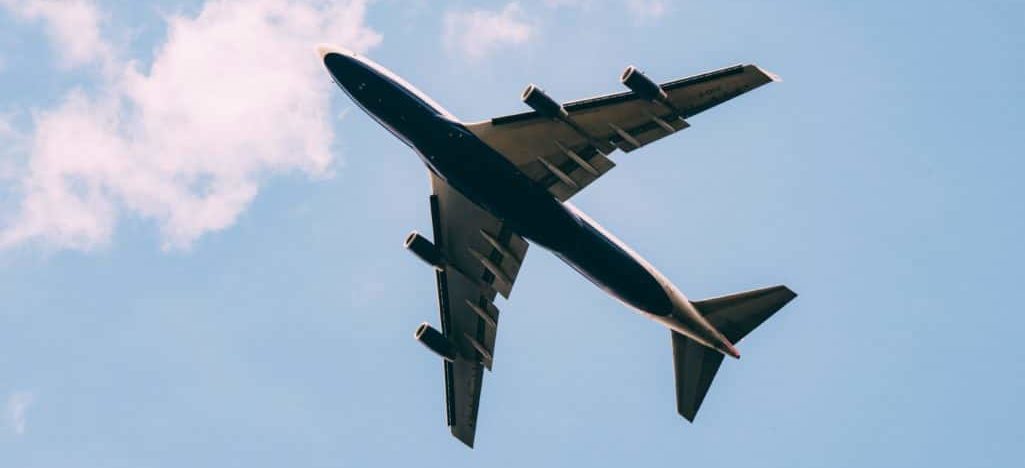The Accessible Transportation for Persons with Disabilities Regulations (the “Regulations”) were published on June 25, 2019, with the majority of its provisions slated to come into force on June 25, 2020.
The Regulations apply to large airlines (defined as airlines transporting at least 1,000,000 passengers in each of the two preceding years) operating within Canada, from Canada to a destination in a foreign country, or from a destination in a foreign country to Canada. The Regulations also apply to operators of Canadian airports where at least 200,000 passengers emplaned and deplaned during each of the two preceding years or are located in a provincial capital. We discussed the effect of these Regulations in our previous blog post which can be accessed here.
The outbreak of the COVID-19 pandemic has had a significant impact on every facet of air travel and it has posed immense financial and operational challenges for air operators. In recognition of the difficulties faced by transportation service providers during this time, the Canadian Transportation Agency issued the Accessible Transportation for Persons with Disabilities Regulations Application Exemption Order SOR/2020-125 (the “Exemption Order”). The Exemption Order was approved by the Governor General in Council on the recommendation of the Minister of Transport and came into force on June 25, 2020.
The Exemption Order provides that air carriers are exempted from certain provisions in the Regulations until December 31, 2020. For Canadian air carriers, the exempted provisions include:
- the requirement that information regarding any transportation related service or facility made available to the public is made available in electronic, paper, audio, or visual formats as necessary to assist persons with disabilities;
- the requirement to ensure that any website operated and made available to the public, including any mobile site, meets certain requirements for conformance under Web Content Accessibility Guidelines;
- training of personnel with respect to the requirements of the Regulations and the air carrier’s policies and procedures with respect to the persons with disabilities;
- training of personnel providing physical assistance, guidance, and transfers involving mobility aids;
- training of personnel handling mobility aids and using or assisting with special equipment; and
- where an aircraft has an on-board entertainment system that does not offer closed captioning, the requirement to provide personal electronic devices upon request that provide the same or comparable entertainment content with closed captioning.
All air carriers, both foreign and domestic, are also exempted (until December 31, 2020) from the requirement to provide written confirmation of the services that will be provided to a person with a disability on their itinerary and from offering to retain an electronic copy of the information for at least three years.
Looking Forward
Carriers should ensure that they remain in compliance with the remainder of the Regulations that came into effect on June 25, 2020, and were not subject to the Exemption Order. Carriers should also ensure that they will have policies and procedures in place to comply with the exempted provisions by December 31, 2020. Contravention of certain provisions of the Regulations can result in Administrative Monetary Penalties of up to $250,000 CAD.
The Canadian Transportation Agency has also held consultations on the planned Phase II of the Regulations covering accessibility requirements for small carriers (airlines transporting less than 1,000,000 passengers in each of the two preceding years). The consultation period is now concluded and the CTA is analyzing the input received. The CTA will then prepare proposed regulations. The CTA has stated that the goal is for Phase II of the Regulations to be in place by the summer of 2021.






